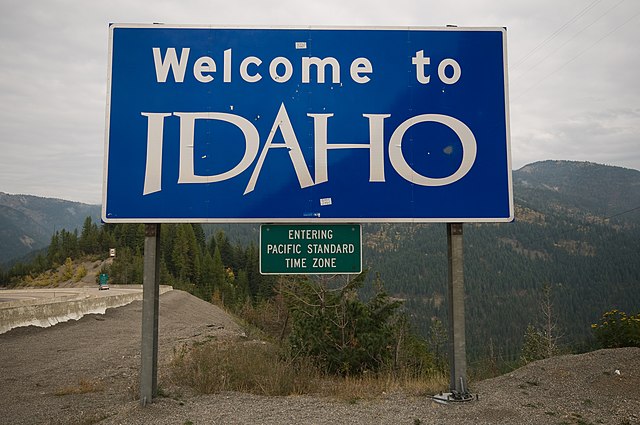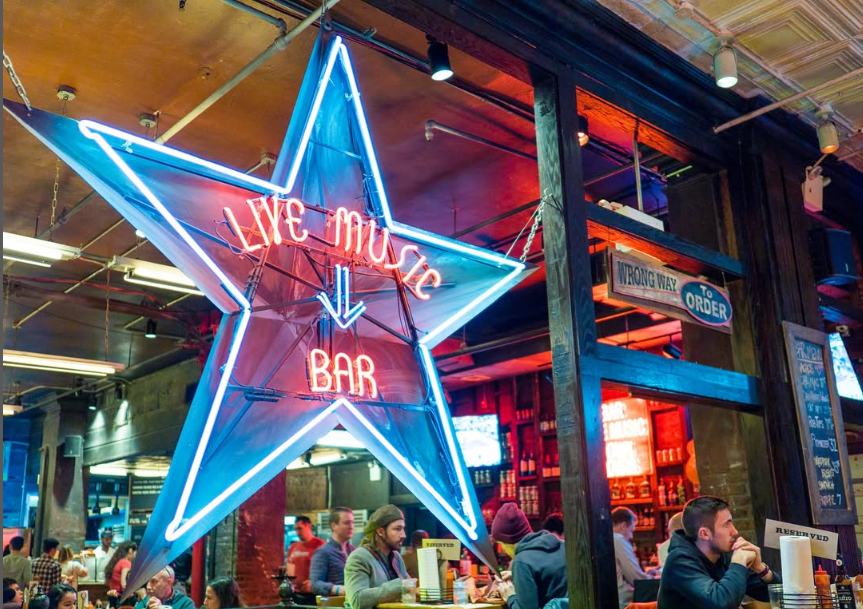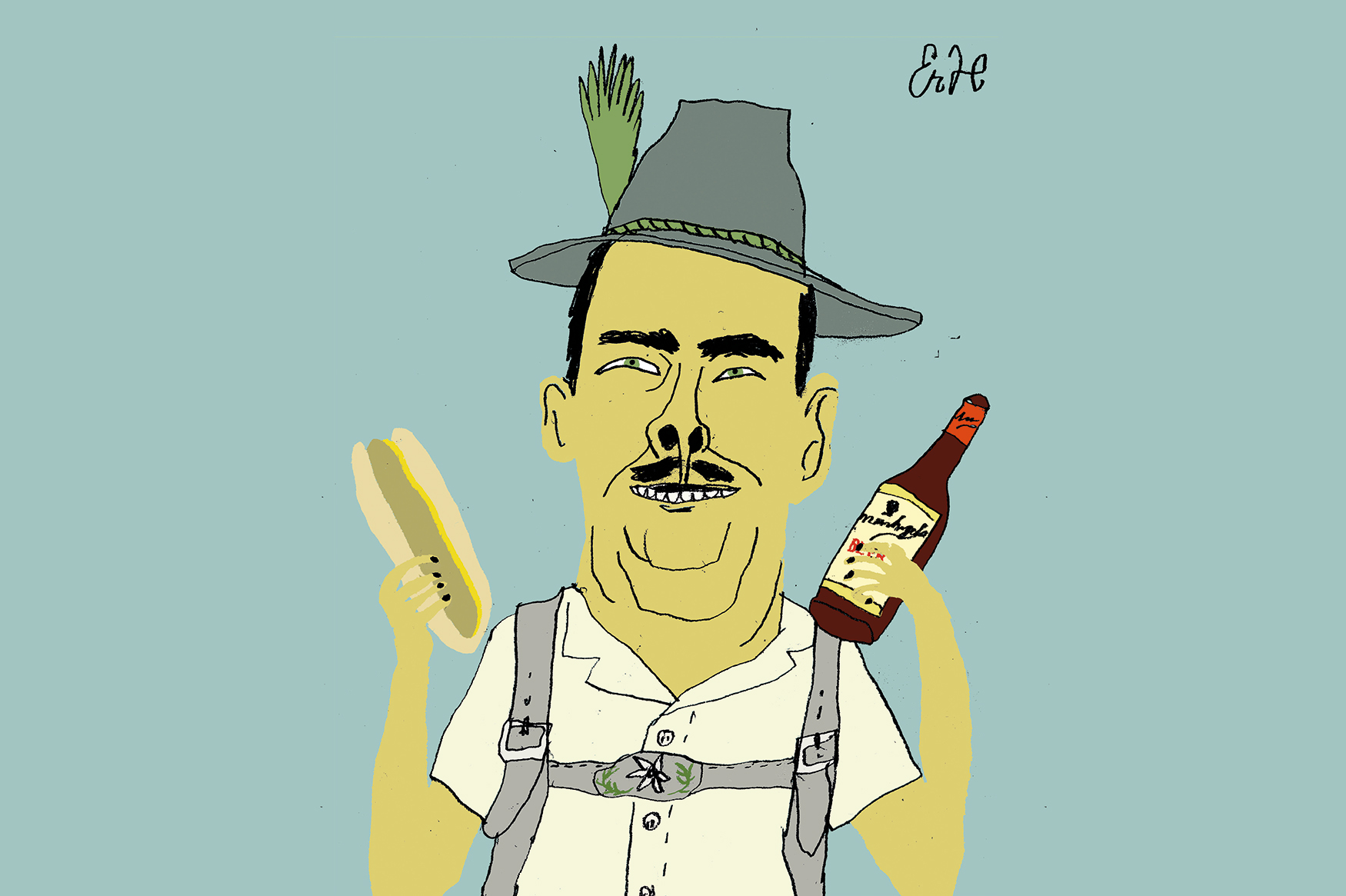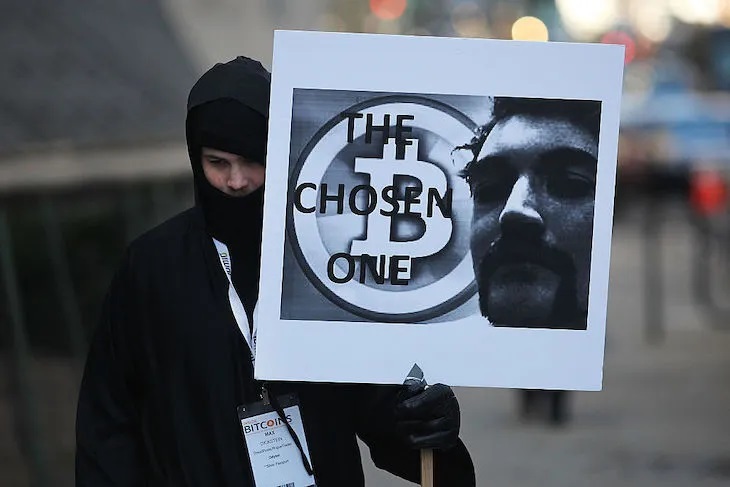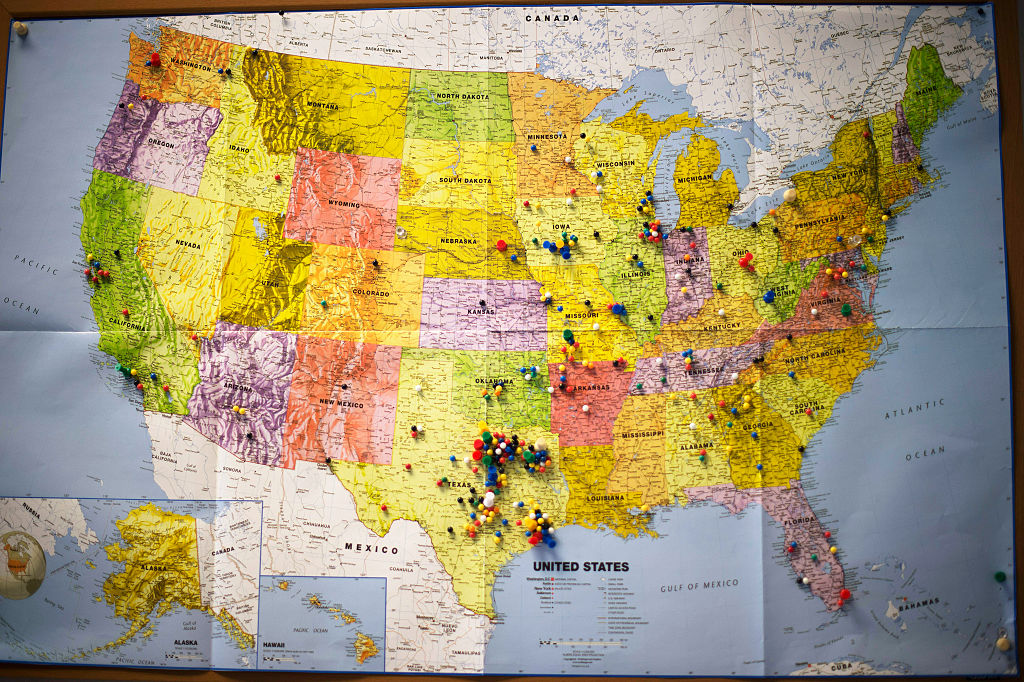As our nation navigates a “return to normalcy” in a post-Covid world, one return most workers won’t be making is to the office. And as an estimated 40.7 million American professionals plan to be working fully remotely within the next five years, expect the great political divide to widen as liberals and conservatives move farther apart, both ideologically and physically.
With working from home becoming the norm, “home” for many people is changing. “Anywhere from 14 to 23 million Americans are planning to move as a result of remote work,” an Upwork.com study taken at the height of the pandemic found. “[N]ear-term migration rates may be three to four times what they normally are.”
Where are workers moving to? Away from cities, for starters. A majority (52.5 percent) of the Upwork respondents reported wanting to move somewhere with more affordable housing, and even more (54.7 percent) said they were planning to move “beyond regular commute distances” (more than two hours away).
More recently, the Associated Press reported on a trend of real estate companies “advertising themselves to people on the right, saying they can take them out of liberal bastions such as Seattle and San Francisco and find them homes in places such as rural Idaho.”
According to Todd Savage, who runs “Flee the City,” a “strategic relocation” real estate and consulting firm that markets property to “liberty-minded” clients with a “desire to live free anywhere in rural America,” the movement is nothing new, though it has intensified in the last couple years.
“The Flee the City movement has been around for decades and started in the 1960s and early ’70s with ‘libertarian-minded renegade hippies,’ as they were called back then,” Savage told me. “They sought land in rural areas all over the country, including Northern Idaho (Sandpoint) and northwest Montana (the Yaak). They simply wanted to be left alone to live the way they saw fit. Today, folks from all walks of life, but mainly conservative libertarians to the religious right, have felt pressure to simply vote with their feet and make a strategic relocation to a rural region of the country. For many, Idaho and Montana are seen as the last refuge of the patriot, as they offer lower taxes, less government oversight and more freedom regarding sustainable living and respect for the Bill of Rights for all.”
Savage said clients he works with are “simply tired of the tyranny” — soft-on-crime policies, “insane regulations killing small businesses” and immoral public schools — and are “choosing to flee to a state and locale that they see as a bastion for liberty in dark times.”
A common theme among such movements is a preparedness element, with conservatives seeking to live off the land instead of relying on government or on the institutions subject to Big Brother’s strong arm. Savage markets parcels of land in Idaho or Montana “where you can start a garden, grow your own organic food, start a family, homeschool your children and teach them the ways of our founding fathers while building a legacy for your family for generations.”
Likewise, the Free State Project, “a mass migration of more than 20,000 people who have pledged to move to New Hampshire for liberty,” promotes “radical personal responsibility.” The group’s Facebook page receives continuous queries and advice about farming, gardening, homeschooling and building one’s own house or barn. The organization’s annual “Porcfest” (as in “porcupine,” the libertarian party’s mascot) Family Friendly Freedom Festival features presentations on topics ranging from “Basic Survival Skills 101: Fire Starting,” “Guns & Grub: 2A Meet & Greet Potluck” and something called “The Daily Stitch & Bitch” that involves sewing, crocheting, embroidering and “some good old fashioned stitchin’ an’ bitchin.’”
In the Ozark Mountains of Arkansas, too, conservatives have established a community of “intentional Christian preppers” who homestead by choice — growing and raising their own food, building their own shelters and attending to other survival needs with the goal of becoming completely self-sufficient and “off-grid.”
What does all this moving around mean for our country’s political landscape? Plenty of research exists showing how geography affects partisanship. Harvard researcher Ryan Enos noted in 2011 that people segregate themselves naturally, and doing so has political significance. According to Enos, “Who you live near can affect whom you vote for and how often you vote.”
Similarly, another striking study based on a Gallup survey from 2018 found:
[G]eography is related to substantial differences in partisanship, even after accounting for a host of individual traits like age, race, gender, education and religious adherence.
For instance, holding all other individual characteristics constant, an individual’s probability of identifying as a strong Democrat drops by 12 percentage points if [that person] lives in a far rural area. Likewise, analysis suggests that a person living in a densely packed community is about 11 points more likely to identify as a strong Democrat compared with that same person living in a sparsely populated area.
People, of course, already exhibit a penchant for moving to places that align with their political views: a Stanford study found “political party affiliation can change desirability of a residential location by as much as 20 percent.” But this tendency, combined with the current surge in remote work, points to an even wider separation between America’s political poles in places with a well-established political culture. When your job dictates where you must live, you’re forced, more or less, to grin and bear it, and as you do with the fussy, overly opinionated aunt who overstays her welcome at Thanksgiving, you find a way to “go along to get along” for the good of the order. With remote work, however, reaching “across the aisle” to find common ground becomes less necessary and less possible when “the aisle” is a thousand miles wide.
What’s to keep these ideological bastions from being diluted? Savage is confident Idaho and Montana, at least, are safe from what’s happening in Texas and Colorado, where an influx of progressive Californians, disgusted by the disastrous state policies they themselves voted to enact, are moving in and bringing their daft voting habits with them. Said Savage:
Those that seek to change Idaho into a socialist utopia normally can’t handle the winters nor the smell of freedom, it makes them gag. They normally move back to the cities after a year or so, they pose no harm.
There’s also a chance, too, that people escaping progressive cities will, as the Gallup survey indicates, be moved to their senses. We can always hope.



